Rising groundwater contamination by salinity, iron, and heavy metals has left many without access to safe drinking water. Despite efforts by the government and NGOs like Qatar Charity, the situation persists, leaving residents vulnerable to waterborne illnesses.
Rising groundwater contamination by salinity, iron, and heavy metals in Gopalganj district has plunged many residents into a crisis. They now face a critical shortage of safe drinking water.
As contaminated water spreads across various sub-districts (upazilas), people without access to clean water suffer from waterborne illnesses like diarrhea and skin problems.
The government, along with NGOs like Qatar Charity (QC), is actively engaged in assisting affected individuals. However, despite these efforts, the crisis persists, highlighting the need for further strategic measures to effectively address the challenges.
During a visit to the district, residents recounted their struggles in collecting drinkable water, especially during scorching summer months when freshwater levels drop.
"We used to fetch water from distant deep tube wells, which was a difficult task," said Lipi Begum, a housewife in Gopalganj's Sardar Upazila, Ratoil Union. "Even though we endured the hardship, the water's high iron concentration caused various health problems."
Thankfully, a water treatment plant set up by Qatar Charity now provides them with clean drinking water. "We're very grateful for the purified water from the plant," she said. "But obtaining water for cooking, bathing, and other purposes remains a challenge."
Laboni, a resident of Gopalganj municipality's Mandartola Swapner Thikana area, shared her daily ordeal. "Except for rainy days, I have to collect water from a deep tube well, carrying a heavy pitcher. It's tough, but necessary."
Barkatullah, another resident from the same area, explained their limited water sources. "We have two ponds and a distant tube well. The pond water is filthy. When we bathe in it, our children suffer from itching, skin diseases, and even health complications like diarrhea if they drink it."
Kamrul Gaji, a government official with the Department of Public Health Engineering (DPHE) in Gopalganj district, highlighted the issue of high heavy metal content, including unsafe levels of iron and salt, in surface water across many areas. This contamination significantly reduces access to safe drinking water sources.
"The situation worsens during summer when freshwater levels decrease, and saltwater intrusion occurs. Many people in Gopalganj Sadar and Tungipara unions face a freshwater crisis from March to June," he said.
He further explained that four unions in Sadar Upazila - Haridaspur, Latifpur, Chandradigulia, and Gopinathpur - lack access to safe drinking water due to the excessive presence of iron, salt, and arsenic in groundwater. "Installing deep tube wells in these areas is not feasible," he added.
Kamrul emphasized the health problems associated with consuming contaminated water, including diarrhea, dysentery, high blood pressure, and skin diseases.
The government has implemented the Rain Water Harvesting System (RWHS) and constructed water tanks in five upazilas of Gopalganj district to address the issue. Nearly 4,000 people in Sadar Upazila benefit from this initiative.
Furthermore, NGOs like Qatar Charity have established water treatment plants to provide residents with potable drinking water. Sohel Alam, Project Director of the Qatar Charity (QC) Bangladesh Office, elaborated on their efforts.
"Over the past 10 years, QC has implemented 19,152 water and sanitation projects across Bangladesh, benefiting over 1,564,000 people," Sohel Alam, Project Director of the Qatar Charity (QC) Bangladesh Office, said. "These projects aim to protect the environment, reduce diseases and epidemics, and minimize electricity consumption."
He added that QC, with the support of Qatari philanthropists, has recently installed 135 water purification projects in Gopalganj district, providing clean water to over 10,000 underprivileged individuals.
Qatar Charity has a history of providing clean drinking water to coastal communities by installing deep tube wells and water treatment plants. In the past five years alone, QC has established 15,000 deep tube wells, solar-powered water pumps, and water treatment plants across Bangladesh, particularly in coastal districts where residents struggle with contaminated water.
Qatar Charity, with the support of philanthropists in Qatar, has recently installed 135 water purification projects in Gopalganj district, benefiting over 10,000 underprivileged individuals.
END/V7N/SMA/DK/
END/V7N/SMA/DK/



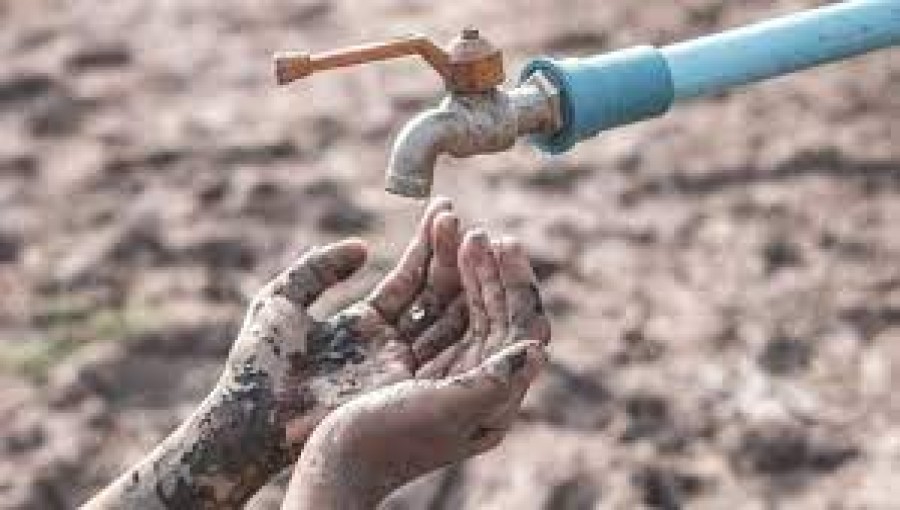






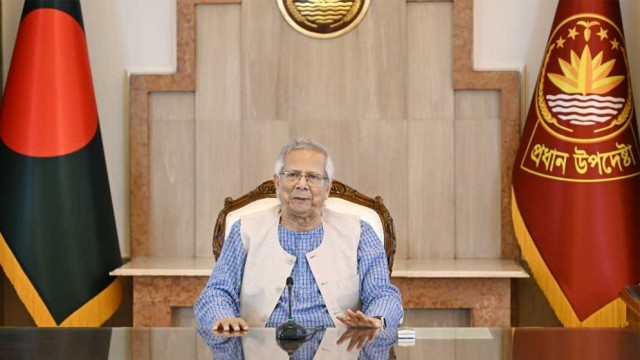
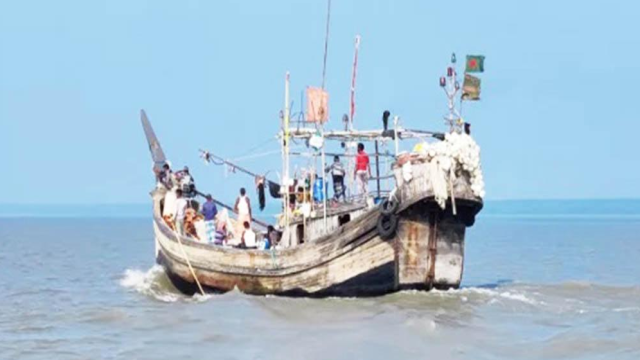
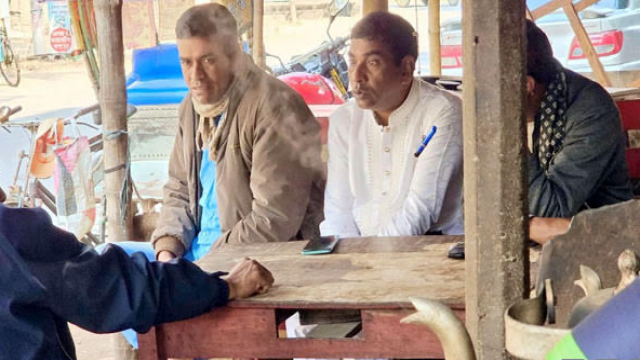


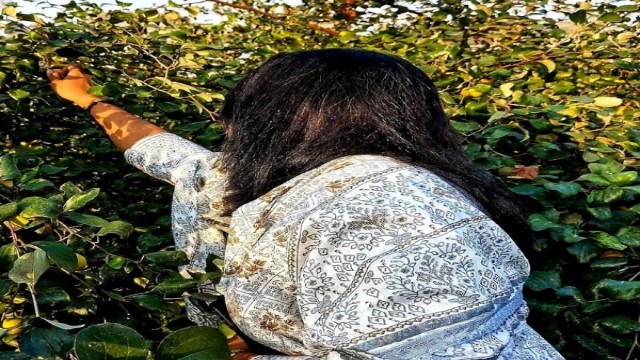
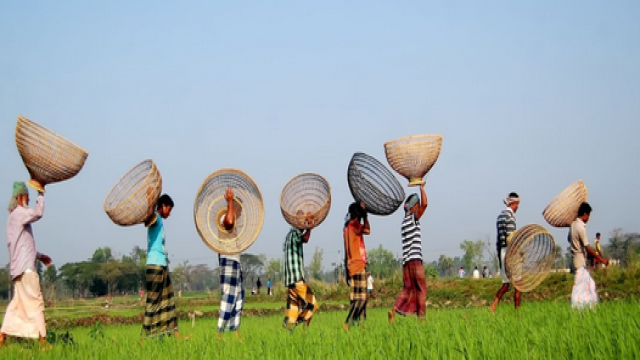


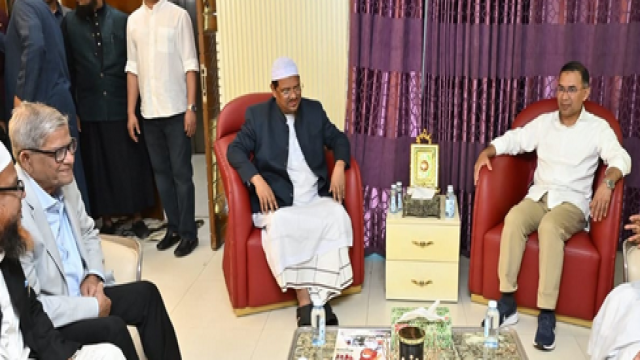











Comment: